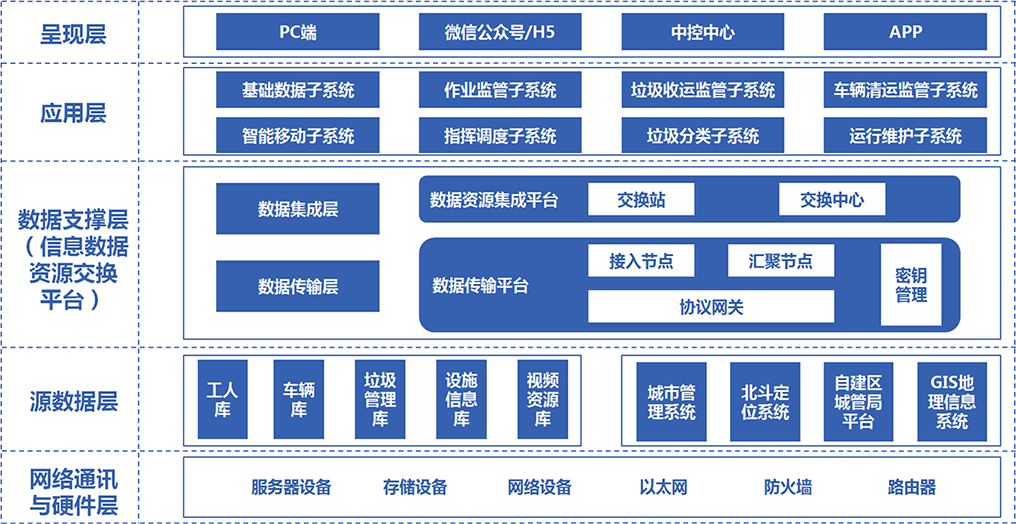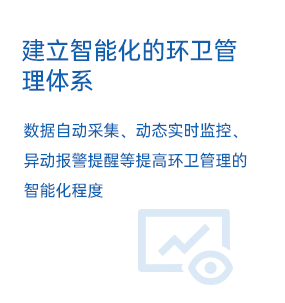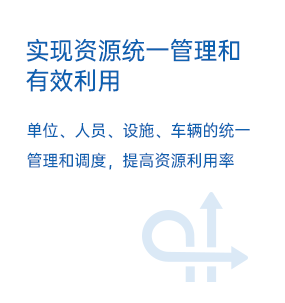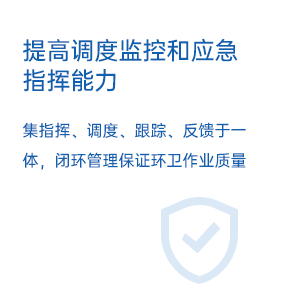Comprehensive Smart Sanitation Solution
Industry Background
Urban environmental sanitation management is a complex and systematic social project, and one of the most direct, relevant, and sensitive important projects related to people's lives.
It is not only the "face" of a city but also an important symbol of a city's level of civilization. From the perspectives of social development and sanitation management, traditional sanitation management struggles to meet the needs of social development,
requiring upgrades, cost reduction, and efficiency improvement.
Integration of urban and rural sanitation, improving living environment quality
Source reduction of domestic waste, promoting garbage classification
Effective management of kitchen waste flow, efficient recycling and reuse
Strict control of soil transportation, eliminating random dumping of construction waste
Sanitation Management
The need for manual operations to fully transition to mechanized operations
Many people, many vehicles, many tasks, many facilities
High operating costs, low work efficiency
Untimely cleaning and transportation, affecting residents' satisfaction
Industry Pain Points
Inaccurate infrastructure ledgers lead to lack of inspections and assessments, inaccurate funding calculations. Key facilities and equipment lack lifecycle tracking management, resulting in resource allocation waste
Commanding vehicle dispatch through manual monitoring of real-time video, unable to achieve passenger flow analysis solely from cameras
The application of sanitation data only stays at the level of data entry, collection, and simple aggregation. The true value of big data lies in how to use data model analysis, combined with regulatory data and objective factors, to achieve intelligent planning, supervision, and auxiliary decision-making for sanitation work
Information on collection, transportation, route planning, and operational standards cannot be supervised, and missing information on transfer and disposal makes it difficult to supervise classified garbage collection and transportation
Traditional methods of assessing operation quality involve taking photos and organizing, which are inefficient and prolong problem resolution cycles; non-random sampling of assessment targets makes it difficult to ensure fairness and impartiality, and coverage is hard to reach expected results
Issues related to sanitation management around the public currently lack dedicated complaint and suggestion channels, relying instead on phone calls or shared platforms, which take a long time to reflect issues to sanitation management departments, causing public dissatisfaction
Smart Sanitation Goals
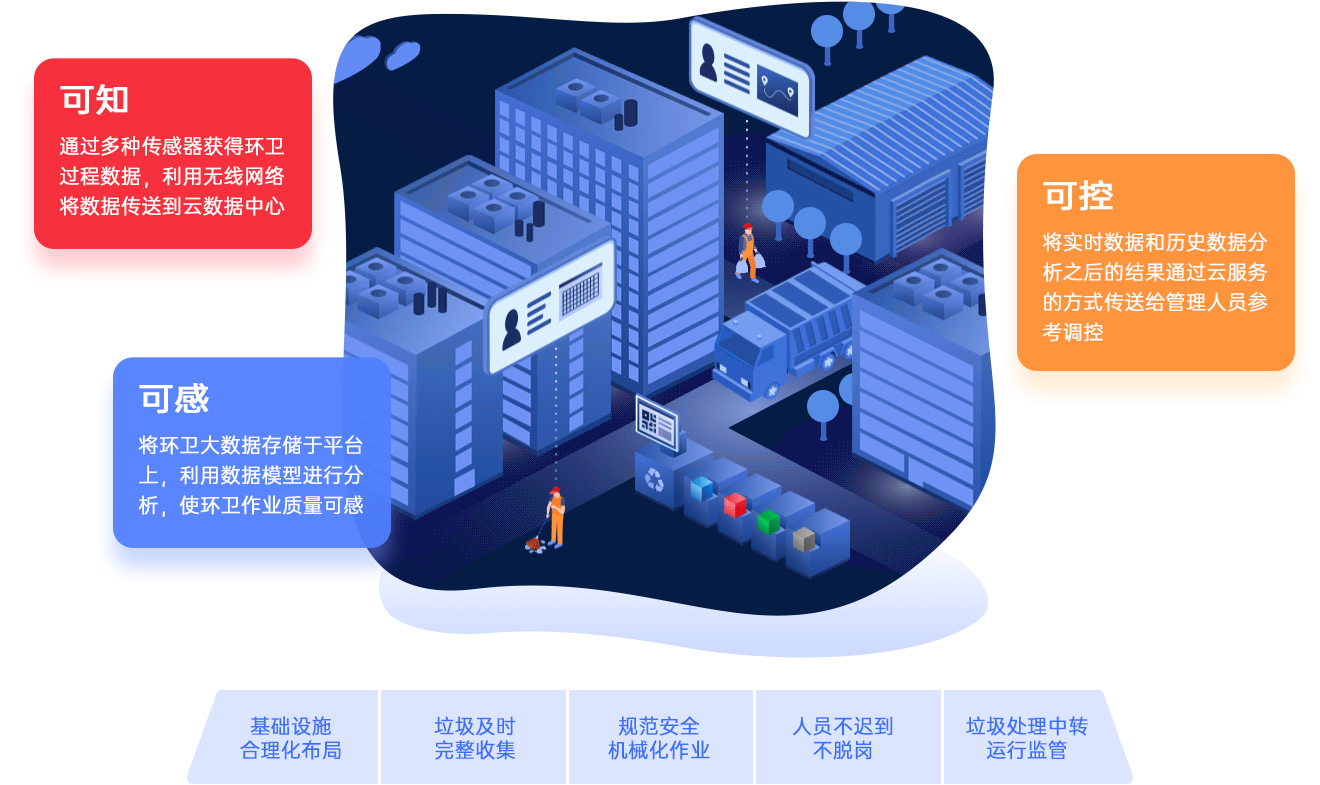
Our Solution

Overall Architecture Diagram
